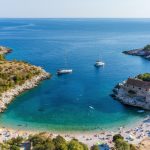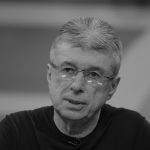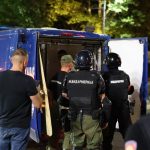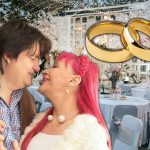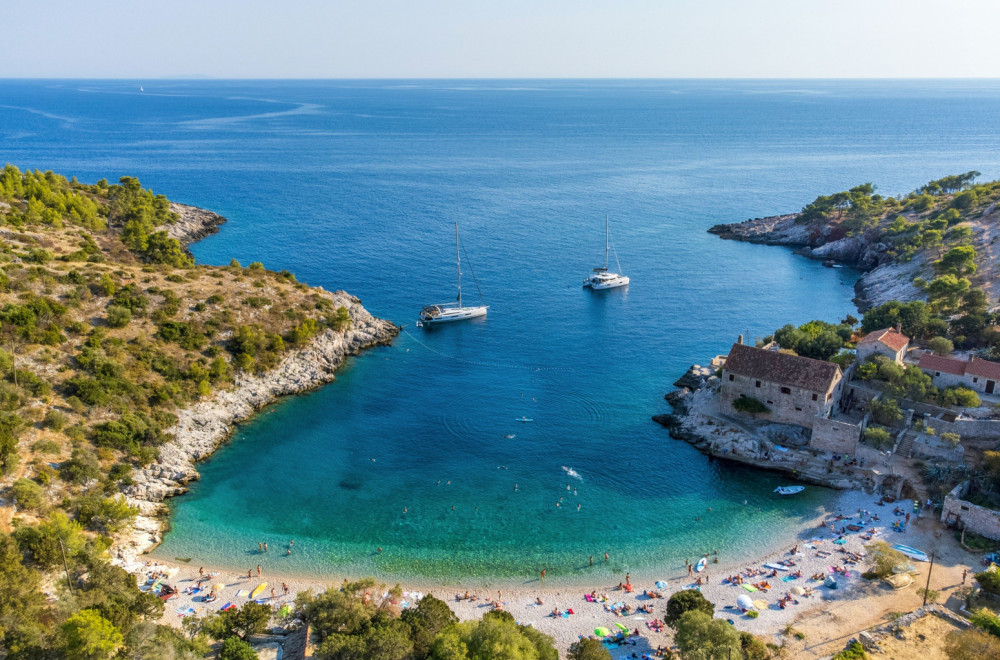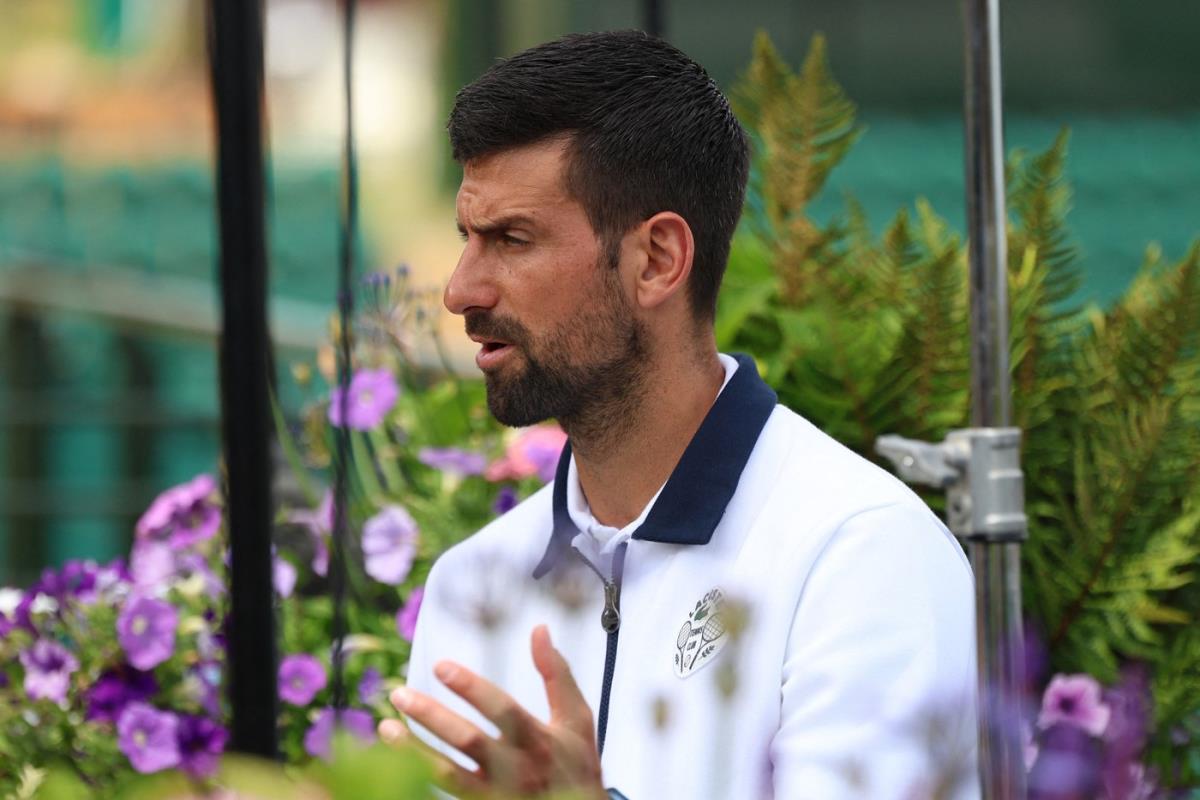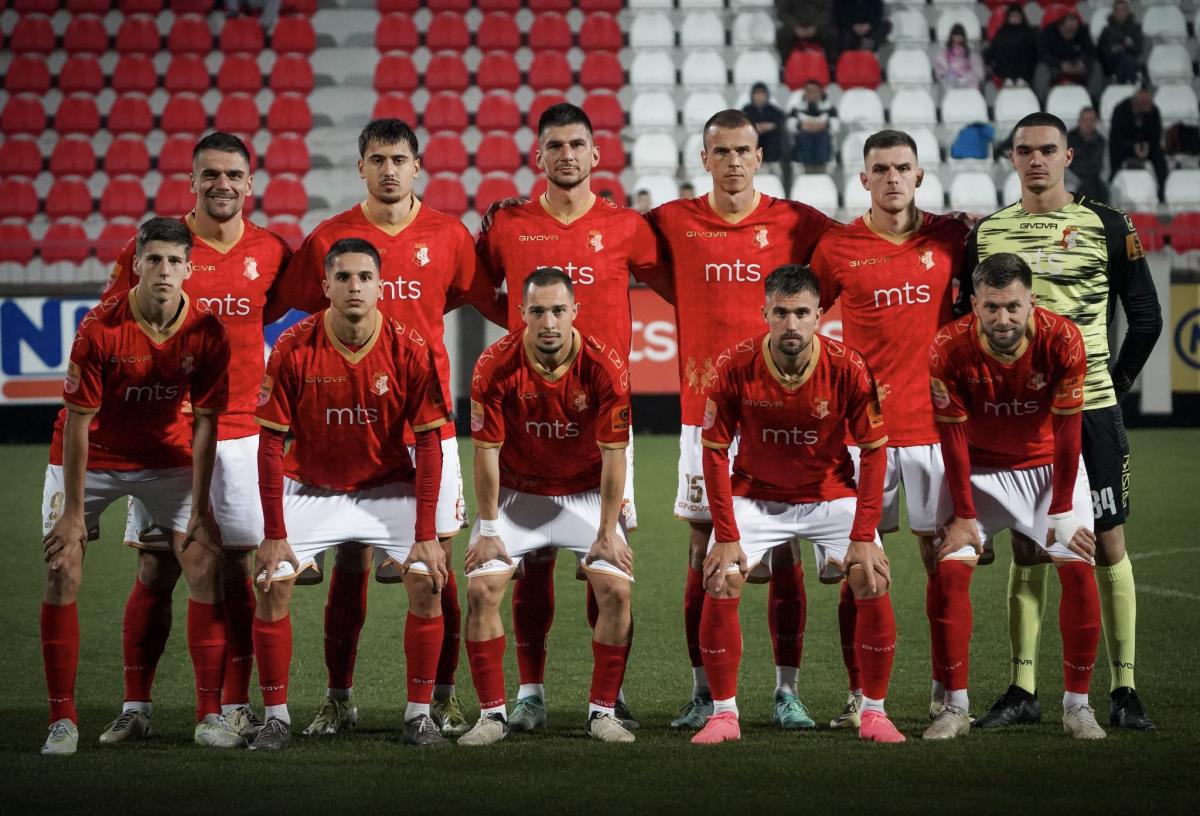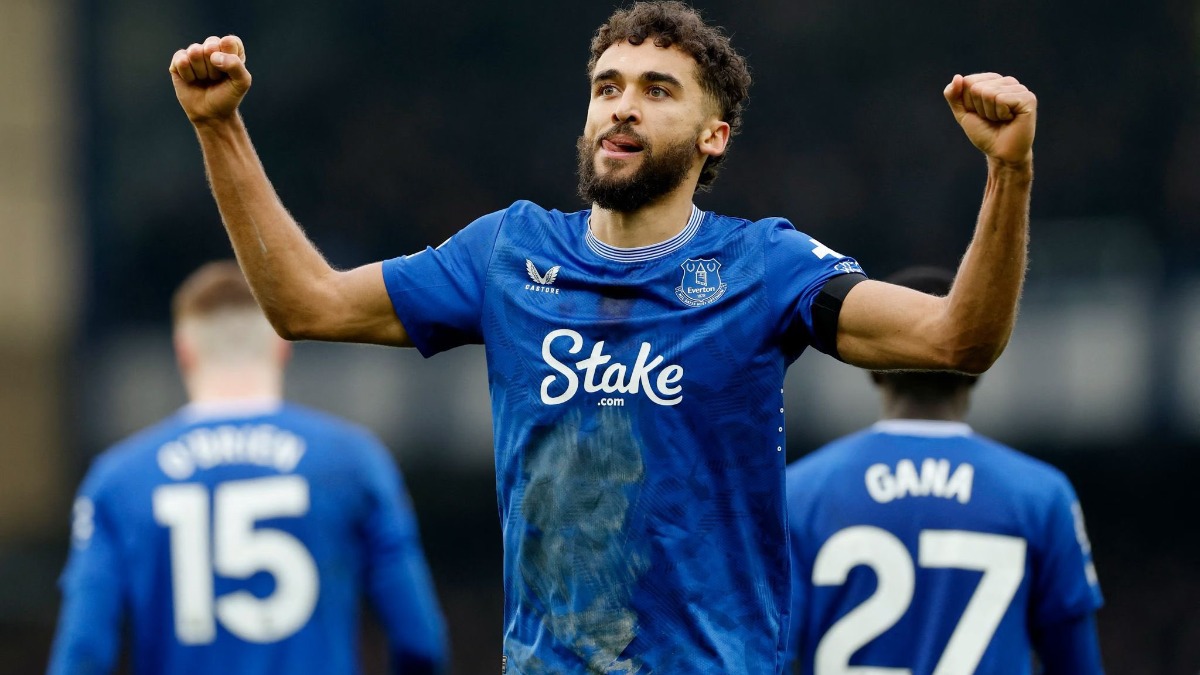Chaos on Vidovdan in Belgrade: Students, Nationalism, and Police Clashes!
Vidovdan in Belgrade this year did not pass peacefully but exploded into chaos shaking Serbia’s capital. It started as a calm ceremony awarding orders to the Serbian presidency, but soon students and protesters took over the scene, bringing nationalist tones and clashes with police.
Calm Before the Storm The event began with a literary evening and a student protest at Slavija Square, where nationalist tones intensified, drawing criticism from the civic opposition and former politicians like Vesna Pešić, who called the speeches a step backward. Students then signaled a “green light” to the crowd, marking the start of clashes with police near Pionirski Park.
Nationalism on Vidovdan? Speeches by professors and students sharply criticized the government, using terms like “foreign aggressor” and “domestic traitors.” Sofija Todorović from the Youth Initiative for Human Rights emphasized that Serbia is not united by right-wing nationalist rhetoric but by empathy and solidarity, while the Rector of the University of Belgrade, Vladan Đokić, called for peace and stressed the importance of education and institutions.
Clashes and Arrests Protesters attempted to break police cordons at several locations, including King Alexander Boulevard and Kneza Miloša Street, throwing stones, sticks, and flares at police officers. Police responded with batons and force, resulting in dozens of arrests and injured officers. The demonstrations split into three groups, with police pushing protesters late into the night.
Vučić Calls for Peace Serbian President Aleksandar Vučić appeared before citizens at Pionirski Park, calling for peace and emphasizing that the state is strong and will overcome challenges. Folk music echoed in the park, including Lepa Brena’s song “Four Years,” previously used by SNS in triumphant moments.
Who’s to Blame for the Violence? Police Director Dragan Vasiljević stated that officers were attacked with sticks, bars, and flares, and minimal force was used to disperse the demonstrations. The student group Blokada accused the government of radicalizing the situation and using violence against citizens, claiming the authorities had all mechanisms to prevent escalation but chose repression instead.
What’s Next? The Vidovdan protests revealed deep societal divisions where nationalism and civic activism clash with state repression. While some call for peace and dialogue, others resort to violence and confrontations. This situation casts a shadow over the future of protests and political dialogue in Serbia.
So, what do you think? Did the students go too far with nationalism, or is the government to blame for the escalation? Drop a comment, share your thoughts, and remember — politics is like football, everyone has their fans, but in the end, we all watch the same game!

